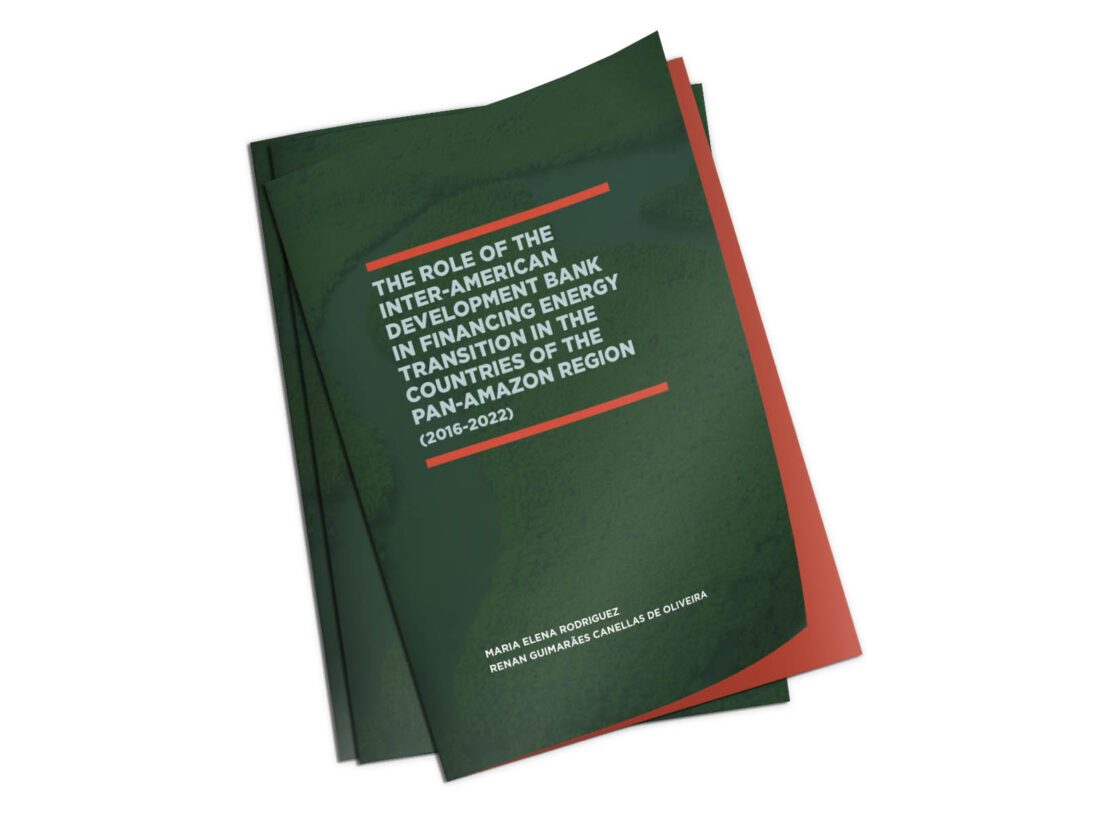
The Role of The Inter-American Development Bank in Financing Energy Transition in the Countries of the Pan-Amazon Region (2016-2022)
INTRODUCTION
In recent years, much has been discussed about climate change, global warming, and environmental issues in general. In the realm of international governance, the Paris Agreement, sealed on December 12, 2015, and in effect since 2016, is understood as a conceptual, theoretical, and practical milestone for addressing climate change and promoting energy transition.
Regarding energy transition, the Agreement emphasizes the need to promote universal access to sustainable energy in developing countries through the enhanced deployment of renewable energy sources.
In Latin America, a platform for financing energy transition is the Inter-American Development Bank (IADB), a multilateral financial institution whose goal is to contribute to the acceleration of economic processes and social development in Latin America and the Caribbean through the individual and collective development of member countries (IADB, 2019).
In addition to the IADB, IDB Invest – an inter-American investment corporation and an independent subsidiary of the IADB Group – invests in small and medium-sized private projects, either directly or through equity investment funds (IADB, [n.d.] a), also playing a role in enabling the transition.
In this context, this fact-sheet aims to understand the main characteristics and particularities of the energy projects of both the IADB and IDB Invest, with the purpose of better understanding the role of these institutions in energy transition in the countries of the Pan-Amazon region (Bolivia, Brazil, Colombia, Ecuador, and Peru).

